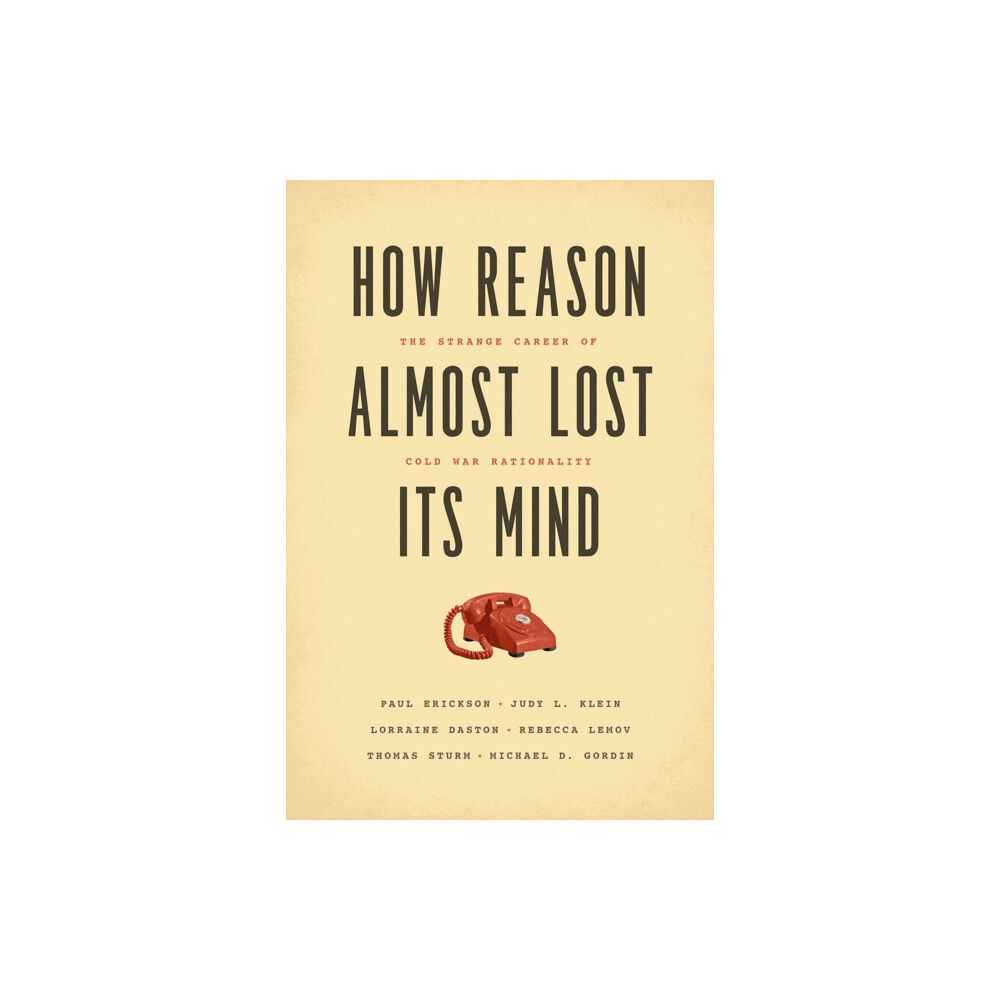How Reason Almost Lost Its Mind – The Strange Career of Cold War Rationality (häftad, eng)
325 kr
349 kr
Bara 4 kvar
Beräknas skickas inom 6 - 7 vardagar
Specifikation
Det finns tyvärr inga specifikationer att visa för denna produkt.

